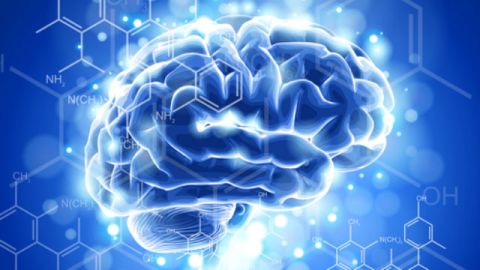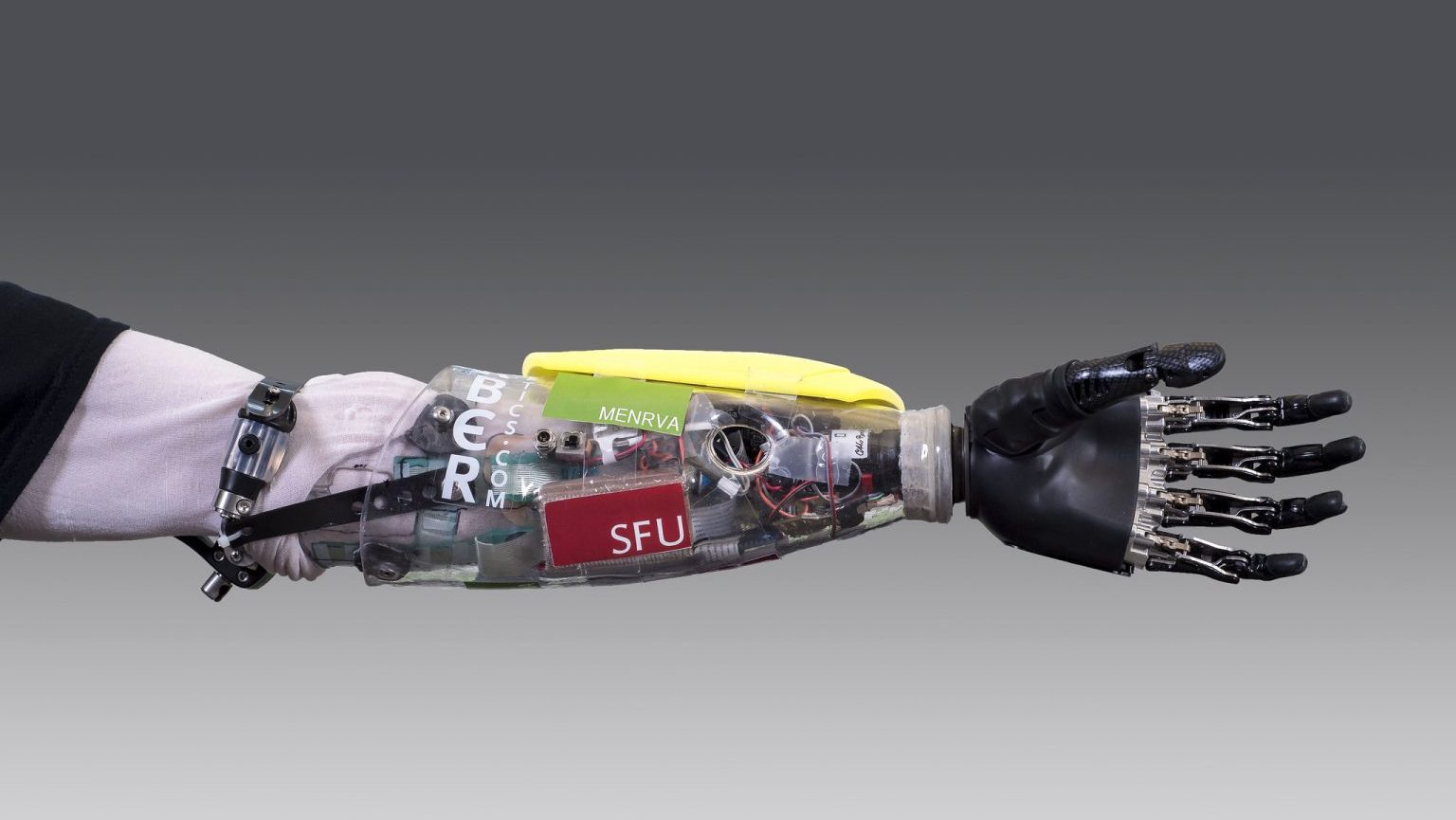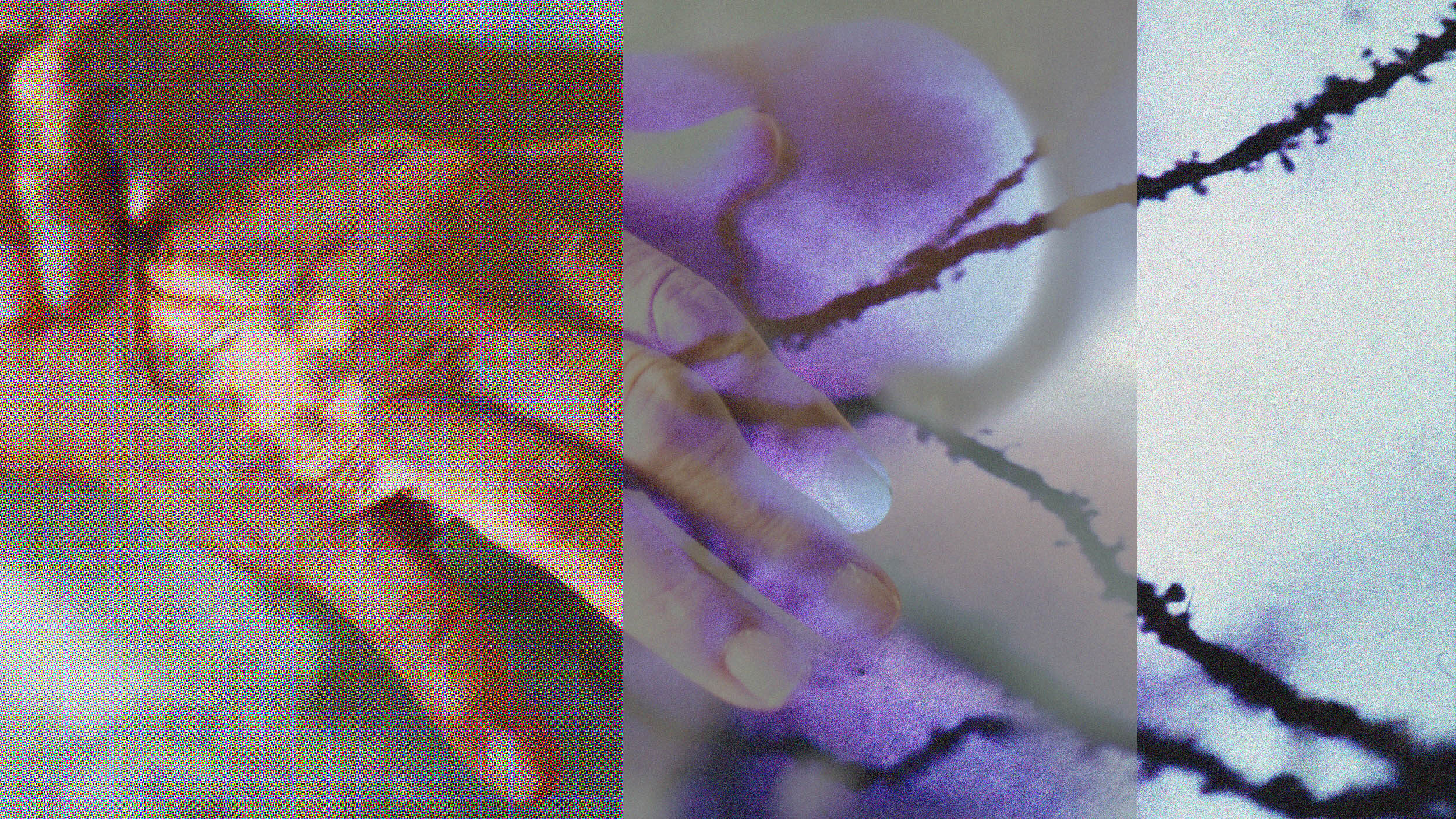Why You Should Donate Your Brain to Science

Autism researchers recently made a major discovery. They found that the cerebral cortex wasn’t neatly layered in the brain tissue of autistic children like it is in the brains of non-autistic children. These findings could be significant, but of course the research must be repeated in order to determine that it was not just a fluke. Unfortunately, it could take a very long time until there are enough brains available to repeat the study.
Science right now is suffering from a lack of people willing to donate their brains after they no longer need them. People seem to tend to have an easier time donating their other organs. But they seem to be more attached to their brains, which they seem to consider as holding their essence, who they are. Why would they want that chopped up, spliced, frozen, and meddled with in labs?
The current “brain deficit” has serious implications for scientific research. It slows down breakthroughs that can lead to life-saving and life-enhancing treatments. Wired explains the stakes in regards to autism:
One of the two autism brain banks used in the study is run by the National Institute of Child Health and Human Development. It contains 43 brains from people with autism and no other complicating conditions. The other, the Autism Tissue Program, has 170 brains. Those numbers may not sound so bad, but keep in mind that researchers usually can’t use just any piece of brain tissue;they want to examine the bits they think are most affected by the disorder they’re studying. If they need tissue that has been preserved well enough for molecular studies, their options are even more limited.
Even worse, autism researchers suffered a major blow in 2012, when a freezer malfunction at Harvard in 2012 compromised 147 brains, about a third of them from people with autism.
A quick and dirty calculation using the CDC’s newly-released autism estimates (now up to a startlingly high 1 in 68 children) with the 2010 Census count of kids under 18 (72 million), suggests close to a million children could be living with the disorder. Of course most of them are ineligible for this kind of study because they’re living, and some families will never go in for brain donation. But still the discrepancy between the number of people with the disorder and the number of brains available for study is enormous.
To read more about the recent autism study and why science needs your brain once you’re done with it, head over to Wired.
Image credit: Shutterstock





